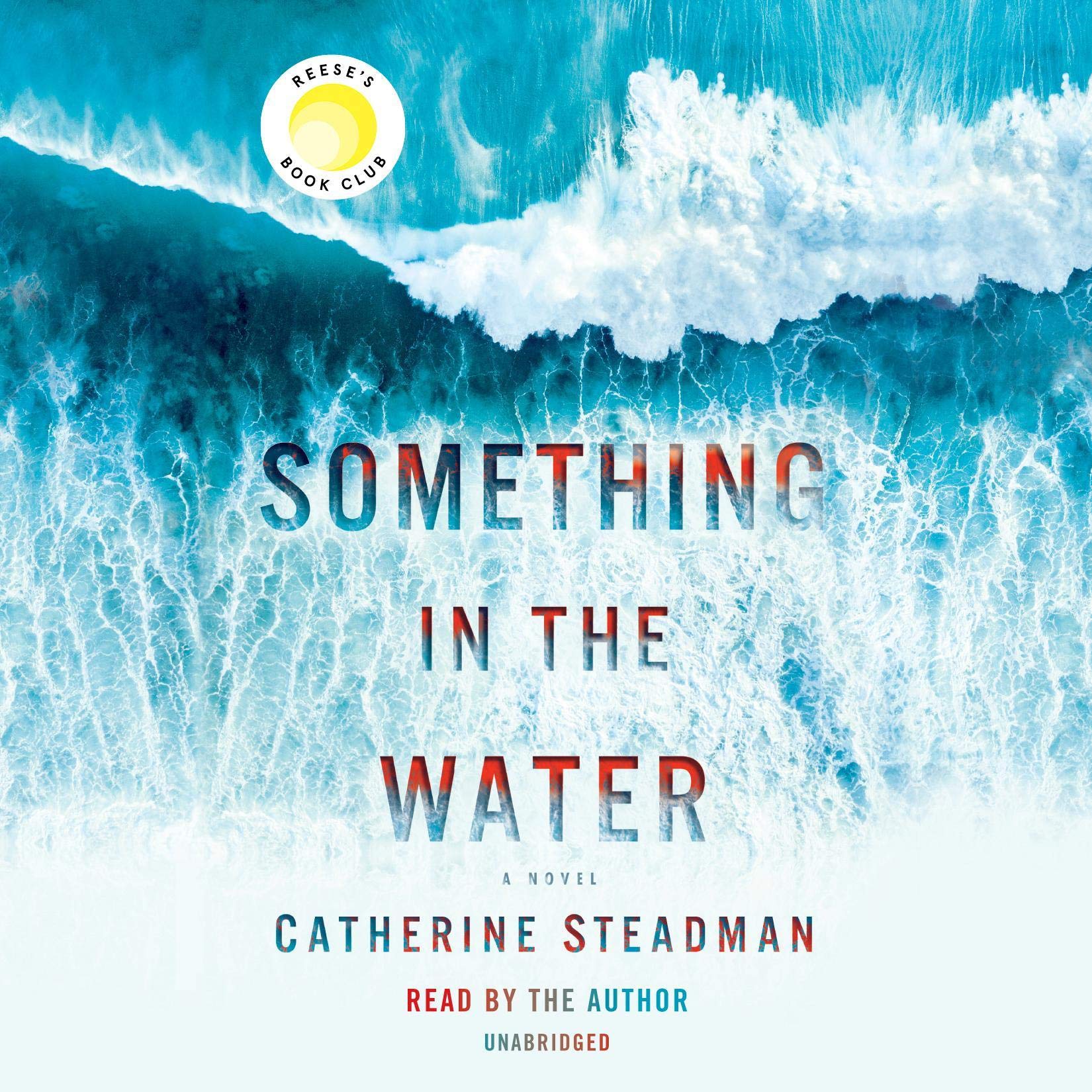This is the best book I've read all year.
Catherine's prose is drum-tight and evocative. She captures perfectly the dizzying downward slide of "just one more" that sees so many people end up trapped in a web of their own making. Like all gifted writers, Catherine references her themes again and again so that each character's story is an echo of the main plot. Nothing feels disjointed or extraneous in this book. It is a story told by a very, very smart person who spent a fair amount of time asking herself "what if?"
I read a lot, and, lately, I've been reading quite a bit more due to some life changes / a major injury. Thrillers are a good way to pass time, and to forget about some of the hell I'm dealing with in my life currently. So, by now, I've nearly had my fill of books where I get frustrated with the main heroine. Why didn't the main character read up on printing shops before she pretended to own one? Why didn't the hero learn how to use his gun before he got into a fight? Why didn't the private eye study cocaine manufacturing before he had to question a witness about his plants?
The question I always ask is: Why didn't anybody think through the possibilities before they took the action?
Reading Catherine's book, I didn't utter that phrase once. The main character(s) were not competent, but they were intelligent. Her main character knew what she did not know, and therefore took steps to remedy that OR find a way around it. As an example, she decides to bring a gun to a dangerous meeting. She has never fired a gun. So she watches videos on how to clean her model of gun, and practices all afternoon. Cleaning, loading, drawing, etc. Over and over. Then she goes to the woods and practices firing the gun, over and over. Will she be an expert in an afternoon? No, obviously not! But the main character is able to think ahead - like any smart person would - and prepare herself, as best as she can.
If you had to do something new to you, how would you prepare?
Catherine answers that question, over and over.
So many novels in this genre rely on the main characters doing something stupid. It's even a meme in the movies: "Don't go in there!" or "Call the police!" we yell at the screen, as the young actress does the stupidest thing possible. In Catherine's novel, however, the characters continually make significant effort to cover their tracks, to do the smart thing. No, they do not do the moral thing. But they do the smart thing. And that's a wonderful, wonderful breath of fresh air.
SPOILER
The major twist is one I hoped for from one of the first chapters. It's not right to just say I expected it - I did - but it's more than that. I HOPED for it. Catherine created a character with flashes of real meanness. The gaslighting of the main character was brilliant. Not every reader would pick up on it; many people would just skip over the woman debasing herself in front of her husband. That's the natural order of things, isn't it? The wife goes to try something, it backfires, her husband calls her stupid, and then "forgives" her for being stupid. I caught it every time, and was so, so, so hoping Catherine would take it in the direction she did.
Anyone who has been in, or even near, an abusive relationship will find themselves shivering at a few points in this book. There is absolutely no physical abuse, and not even - really - any "bad" emotional abuse. But the groundwork is laid. See how angry Mark gets when Erin doesn't understand him? At one point in the latter half of the book, Erin is terrified - but not of the bad guys. She's terrified Mark will find out what she's doing (she's going off on her own). She promises herself she will "never lie again" after this. That she will "be the perfect wife". That's exactly how the thought process starts. "I made him mad. I was less than perfect. I deserved him yelling at me / hitting me / calling me a whore."
Spooky.
END SPOILER
I honestly don't have enough words to showcase how much I enjoyed this book.
I suspect some people may not like this book because of the very obvious immorality of the main character. We don't really have a person to root for, and that's true. People who like their novels to have flawless heroes, or like perfectly-paced steps leading to a conclusion where the good guys win perfectly, will not like this book. Do not buy this book if you aren't interested in moral grays (and even immorality). The main character is not a good person. This book imitates life: it is messy, people are imperfect, and decisions made do not lead to predictable outcomes.
If, however, you can handle ambiguity and reality and ugliness, buy this book. Read it. It's great.

Something in the Water: A Novel
4 | 25,245 ratings
Price: 15.75
Last update: 07-26-2024